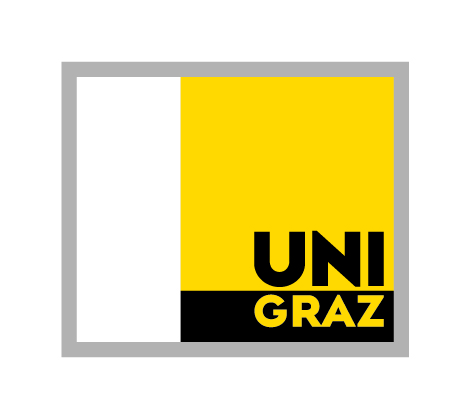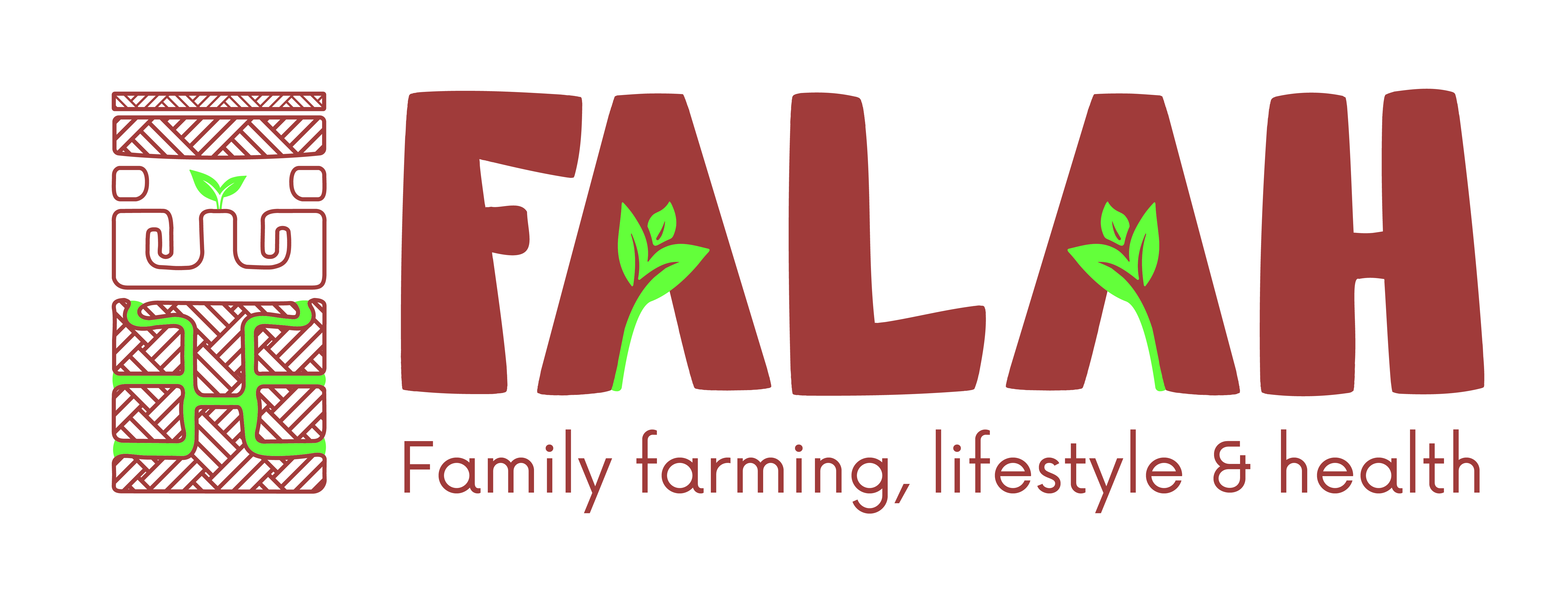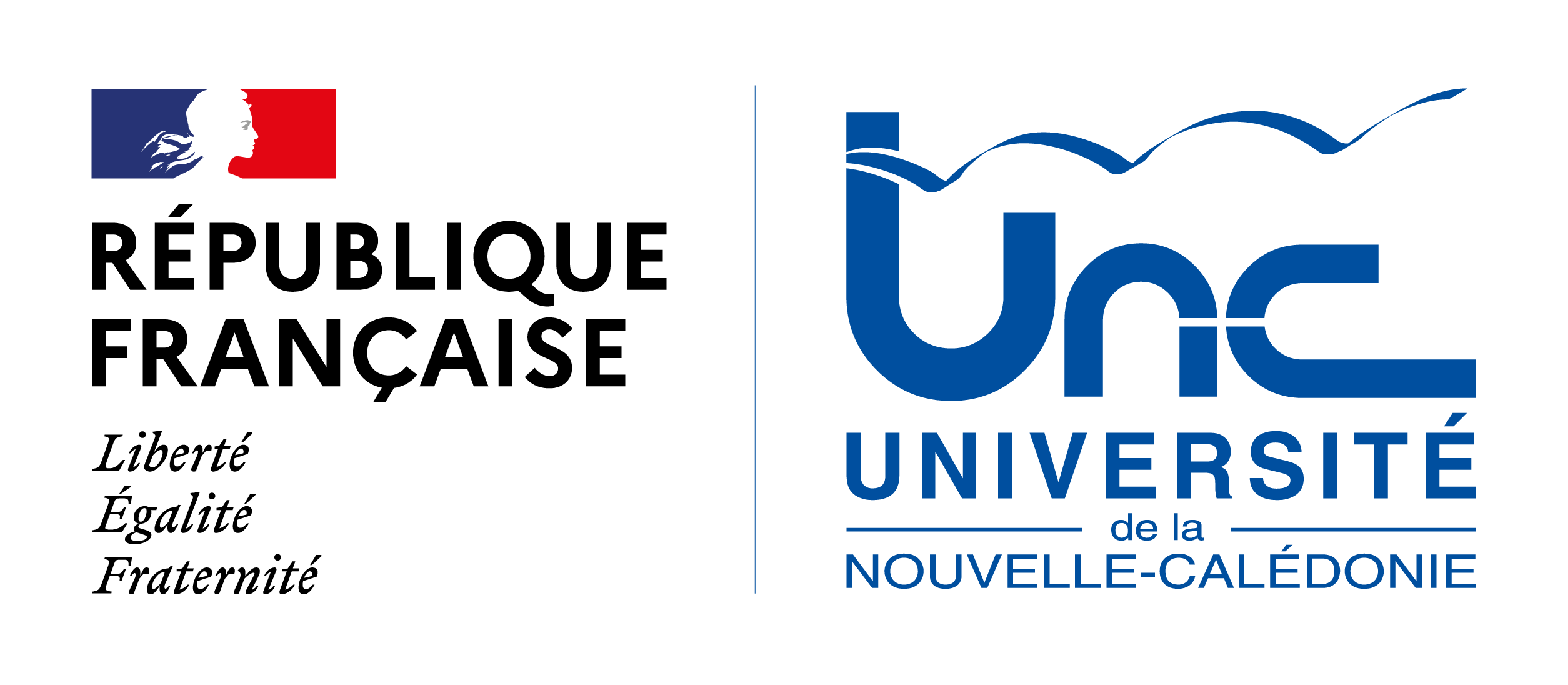Consortium
FALAH ensures the networking of networks combining scientific proximity and disciplinary complementarities from local to regional and international levels. These networks feed each other through secondmnentsand exchanges that punctuate the scientific agenda of the project. Thematic and methodological seminars, multidisciplinary conferences, periodic workshops and various scientific events will pacescientific advances and accompany the acquisition and sharing of knowledge throughout the project. Targeted research actions implemented during secondments will enrich the exchanges and confrontations between the arriving and the hosting researchers and will favor "cross-fertilization".
At the University of New Caledonia, three UNC teams - the Institute of Exact and Applied Sciences (ISEA-EA7484), the Interdisciplinary Research and Education Laboratory (LIRE EA7483) and the Legal and Economic Laboratory (LARJE-EA3329) - form the basic framework of the FALAH project.
At the local level, that of the New Caledonian archipelago, these three UNC teams and the partners of the Consortium for Research, Higher Education and Innovation in New Caledonia [CRESICA: Institut Agronomique Calédonien (IAC) and the Institut de Recherche pour le Développement (IRD)] constitute the pillars of the New Caledonian network of the FALAH project, which is made up of about thirty members.
At the regional level of the Pacific Island FALAH, the project involves three partner universities of the Pacific Island Universities Research Network (PIURN): Fiji, Solomon Islands and Vanuatu.
FALAH integrates teams from two European partner countries (France and Germany) and the South Pacific Community (SPC). The project includes close collaborations with four Australian universities: the University of Sydney (USYD), the University of New South Wales (UNSW), the University of Western Sydney (WSU) and the University of Wollongong (UOW). The German team is Kula e.V a non-profit cultural association, and the French teams are from Université Toulouse Jean-Jaurès (UT2J) and Centre National de la Recherche Scientifique (CNRS) in Montpellier.




















